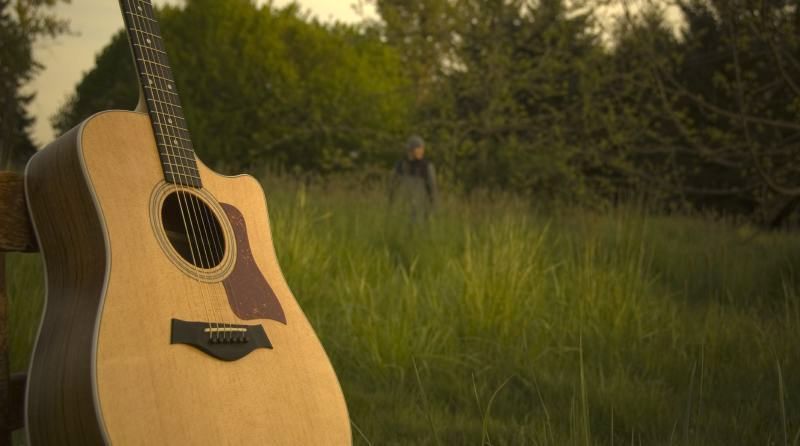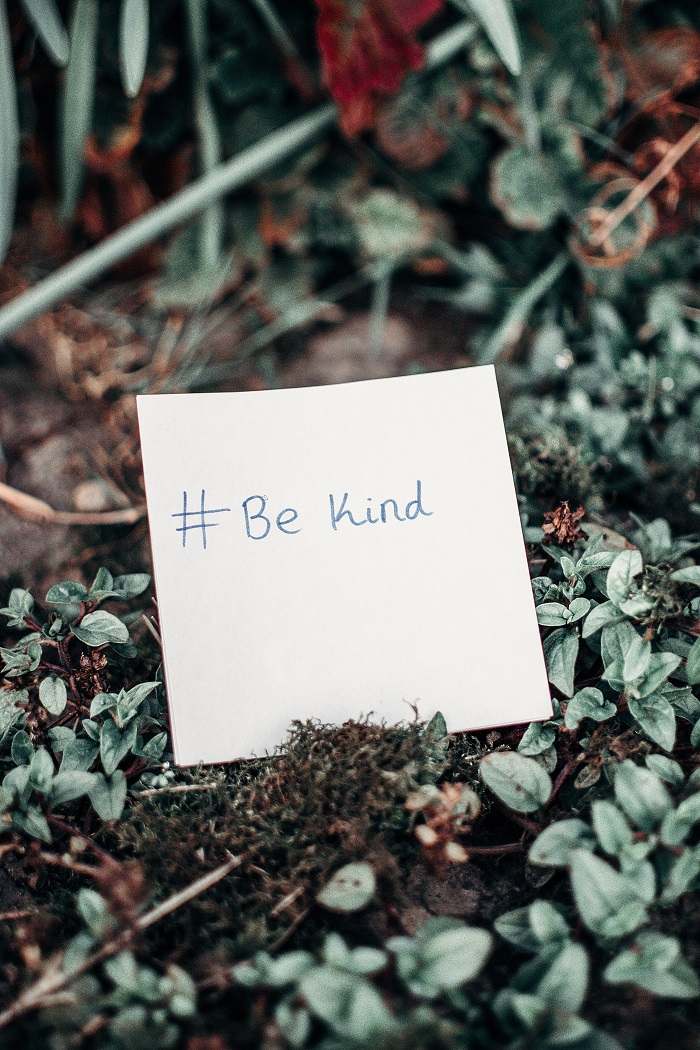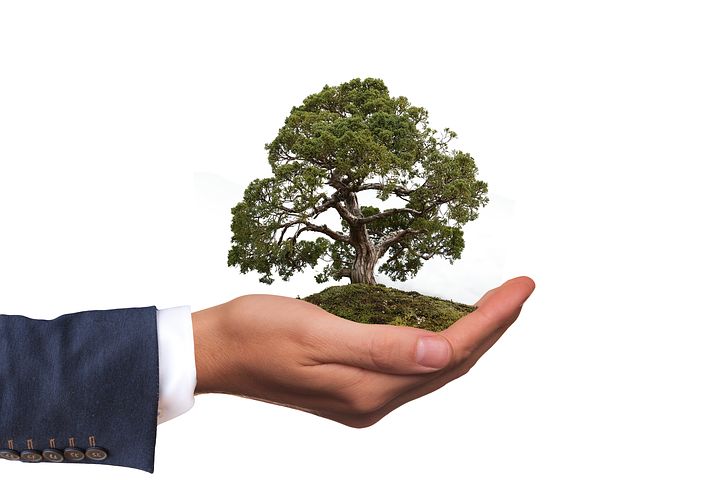

Photo Some rights reserved By Will Foster via Flikr.
Introduction
The climate crisis is impacting many aspects of human life. But how is it being felt in the realm of music, and what significance does this hold?
Historically music has amplified social movements including the Civil Rights Movement, Anti-Vietnam protests and Live Aid. Music supported these causes by expressing emotion and unifying people. But is it doing this successfully for the climate crisis?
This blog looks at different emotional angles musicians have taken to the crisis and whether there are gaps that could effectively be further explored. The analysis also explores the roles musicians have taken when composing songs about the crisis.
So if you are interested in the climate, and music means a lot to you, read on.
The songs I listened to
This analysis is based on 24 songs (listed at the bottom). To keep things topical, these songs are all from this century. There are many other songs, that aren’t included, which will take different approaches to the crisis.
Emotional tone
The songs I analysed expressed a range of emotions about the crisis, including guilt, anger, hope, and urgency. Some were comical or sardonic.
These different moods were mirrored by different musical styles: from the dark and eerie pop of Billie Eilish’s ‘All the good girls go to hell’ to the sad pop ballad ‘Truth to Power’, by OneRepublic, or the threatening thrash metal of ‘Another way to die’ by Disturbed. As with people more widely, musicians’ emotional reactions to the climate crisis will likely depend on different personality types.
There were four main ways in which songs grouped or differed from each other.
- Who’s fault is it?
Emotion in the songs is partly shaped by whether they blame ‘you’ or ‘us’ for the crisis. This will determine whether anger or guilt is experienced for example. Surprisingly there were few original compositions that condemned political leaders or fossil fuel companies. Greta Thunberg’s ‘How dare you?’ speech, used in ‘Greta Thunberg sings Swedish Death Metal’, does blame political leaders, but her speech is copied exactly and so doesn’t constitute an original song. In ‘Despite repeated warnings’ Sir Paul McCartney also blames our leaders, using the metaphor of a captain sailing his crew to destruction. However, the majority of the songs tended to hold us all to blame and highlight our responsibility:
‘We must all be responsible even if we want to or not’ – ‘Karma of the Butterfly effect’ by Jahboy.
‘Cause it does, and it sucks, and it’s us’ – ‘Climate change’ by Cooper Alan.
- Can we or can’t we?
The lyrics vary in whether they think ‘we’ can do anything about the climate crisis. Some say we can and urgently must:
‘We need to open our eyes and do it now now now!’ – ‘The Climate Song’ by Balthazar and Carlens.
‘Yes we can do it!’ – ‘Despite Repeated Warnings’ by Sir Paul McCartney.
Other songs express an impotence about the problem, often through frustrated or forlorn questions:
‘Tell me how long, before we wake up?’ – ‘Tell me how long’ by Kristen Bell.
‘Why does it seem like no one is listening?’ – ‘Karma of the butterfly effect’ by Jahboy.
‘Where are all the heroes?’ – ‘Making do’ by Lake Street Dive.
Sometimes impotence seems to stem from people being insufficiently ‘awake’ to the problem:
‘I scream in colour
Tell me can you hear me through the waves?’ – ‘Tell me how long’ by Kristen Bell.
‘Do we close our eyes, do we realise
That hearts can be hardened?’ – ‘Shattered Garden’ by John Stea.
‘There’s a blindness that just can’t see’ – ‘Shut it down’ by Neil Young and Crazy Horse.
- Teach facts or explore the heart?
The climate seems unusual in inspiring many songs that are full of facts and teaching:
‘Climate rock’ by Josh Willis is a very informative song, teaching all ages in a semi-comical way about the difference between weather and climate.
Perhaps a desire to convey many facts and ideas inspired some of the
songs to use spoken word instead of sung lyrics:
‘Take aim at climate change’ by Rhythm, Rhyme, Results is an old-school rap example, explaining the science of climate change.
‘Dear Future Generations: Sorry’ by Prince Ea is a heartfelt speech, with rhyming and rhythmic elements over gentle music. Prince Ea apologises to future generations as well as urging us to act.
These songwriters seem to believe that the crisis can’t only be experienced at the emotional level, compared to violence or romance for example. There needs to be some initial intellectual understanding of the science.
Some songs go even further into spoken word, by sampling or mimicking actual speeches by scientists and climate activists:
‘The 1975’ by The 1975 uses a stark and urgent speech by Greta Thunberg calling for civil disobedience, with her argument placed over ambient music.
‘Our biggest challenge’ by Symphony of Science, is a strange song with auto-tuned voices of scientists explaining the basic science and threat of climate crisis.
‘Greta Thunberg sings Swedish death metal’ by John Molluskis a powerful and disturbing death
metal creation using Greta’s famous ‘How dare you?’ speech.
In contrast, other songs are more typically poetic. These songs explore emotional responses to the crises using metaphor and imagery. They refer to climate in less detail although sometimes the artists have identified the compositions as being on that topic. Two big-hitting artists go this route:
In ‘All the good girls go to hell’, Billie Eilish references climate change, God and the Devil. There are a few explicit allusions to the climate crisis. However, the narrative is poetic and doesn’t seek to present any rational arguments:
‘And once the water starts to rise
And heaven’s out of sight
She’ll want the devil on her team
My Lucifer is lonely’
Some fans champion ‘Idioteque’ by Radiohead as the greatest climate crisis song. ‘Idioteque’ is a collection of repeated ‘snippets’ of lyrics. Some refer to climate. For example:
‘Ice Age coming’
and
‘We’re not scaremongering
This is really happening, happening’
Like ‘All the good girls go to hell’ the lyrical narrative is hard to understand and what exactly is being said about climate change is hard to pin down in lyrics such as:
‘I’ll laugh until my head comes off
Women and children first’
Thom York, talking about writing this song said:
‘But it’s not like an intentional ‘I must write a song about global warming’, because imagine what that would sound like’ – ’20 years after the end of the world’ NPR music.
This suggests that the climate theme of Idioteque came out of York without effort. This is in contrast to some of the ‘teaching’ songs, which do sound like songwriters have sat down and decided what they wanted to teach people about climate change.
This raises the question of what an artist’s responsibility towards climate change is. Is it their duty to present facts alerting others to the threat, or is their task an open exploration of their emotional reactions to the topic?
- The past, future and present.
I was surprised to see songs referring to the past, given the usual future emphasis of the crisis. In ‘Shattered Garden’, John Stea laments our exile from a healthier history:
‘It’s a long way back to the garden,
To a time when the air was clear’
In ‘Evolutioncide’ Spencer Maybe suggests we have betrayed our ancestors by destroying our planet and only home:
‘I see my father’s father’s father’s fathers, stretching back to the beginning of time and they’re all seething.
They’re saying ‘Why did we bother with all the hunter-gathering…’
Many songs focus on the future; often addressing future generations for example, which was more expected. There was far less exploration of climate-related disasters happening now. I’m not sure why. It is despite pop’s history of engaging with contemporary problems (Live Aid being a prime example). Some examples do highlight what is already happening:
‘My Island home is sinking’ – ‘Karma of the butterfly effect’ by Jahboy.
‘There’s been a lot more storms than ever
There’s been a lot more rain and wind
And you can feel it here in the atmosphere
In my blood, in my veins, and under my skin’ – ‘Climate Change’ by Cooper Alan.
However, contemporary climate disasters could be explored more.
Reflection
The emotions the songs expressed were as expected. The wide range of musical genres reflects the range of feelings. There was lots of guilt, sorrow and urgency.
There were some emotional stances that I expected but didn’t find: While there was a justified emphasis on shared guilt I also expected more angry protest songs. There was some anger but not much aimed explicitly at fossil fuel companies and political leaders.
Stories of contemporary climate-related catastrophes and the resulting suffering were also largely absent in the lyrics. The experiences of survivors of these disasters could inspire powerful and compassionate music.
The climate crisis provides unique challenges and questions for the role of artists:
- Some artists have sought to educate people (the crisis has created a group of informative, educational songs). Others have tried motivating people to action, or to simply express emotional responses that other people can share in
- Overcoming the climate challenge is so daunting. Perhaps for this reason few songs conveyed deep and powerful hope to me. The hope that is voiced often felt slightly frantic, or half-hearted
- Music is so precious, it can express the most powerful and emotional experiences of life, from teenage romance, to death and grief. Perhaps the prospect of cutting our carbon footprint or petitioning political leaders doesn’t ‘stir the blood’ in the same way romance or violence can. There is a ‘quietness’ about carbon going into the atmosphere that can make responding with emotive songs and emotions more widely, difficult. Clearly, climate activists and others who have devoted their lives to the cause show us that some people do have a strong and emotional engagement with the issue though.
For me, the educational and motivational songs are not always musically convincing. I feel music conveys poetic content better than it does strings of facts or intellectual ideas. On the other hand, other songs reviewed give me the impression that even when focusing on expressing emotion about the crisis, as Kurt Cobain sang: ‘There’s something in the way’. Many of the songs are well crafted though and go some way to providing a variety of emotional templates through which to process and relate to the crisis.
With respect to all the artists, it’s interesting to me that of all the tunes, the only two that have since stuck in my head are by two of the big names (Billy Eilish and Radiohead) and that both of these reference the crisis obscurely and vaguely.
The Songs I listened to:
- ‘Our biggest challenge’ by Symphony of Science
- ‘The Climate Song’ by Balthazar and Carlens
- ‘Truth to power’ By OneRepublic
- ‘Karma of the butterfly effect’ by Jahboy
- ‘Take aim at climate change’ Rhythm, Rhyme, Results
- ‘Climate Change’ by Cooper Alan
- ‘Despite repeated warnings’ Sir Paul McCartney
- ‘Good to be alive today’ Michael Franti
- ’The 1975’ by the 1975
- ’All the good girls go to hell’ Bille Eilish
- ‘Climate Rock’ by Josh Willis
- ‘Tell me how long’ by Kristen Bell
- ‘Greta Thunberg sings Swedish death metal’ by John Mollusk
- ‘Kyoto now’ by Bad Religion
- ‘Dear Future Generations: Sorry’ by Prince Ea
16.. ‘Idioteque’ by Radiohead
- ’Evolutioncide’ by Spencer Maybe
- ‘Making do’ by Lake Street Dive
- ‘Can’t buy it back’ by Neil Dale
- ‘The seed’ by Aurora
- ‘Manhattan in January’ by Jill Sobule
- ‘Another way to die’ by Disturbed
- ‘Shattered Garden’ by John Stea (featuring Maggie Richardson)
- ‘Shut it down’ by Neil Young and Crazy Horse



